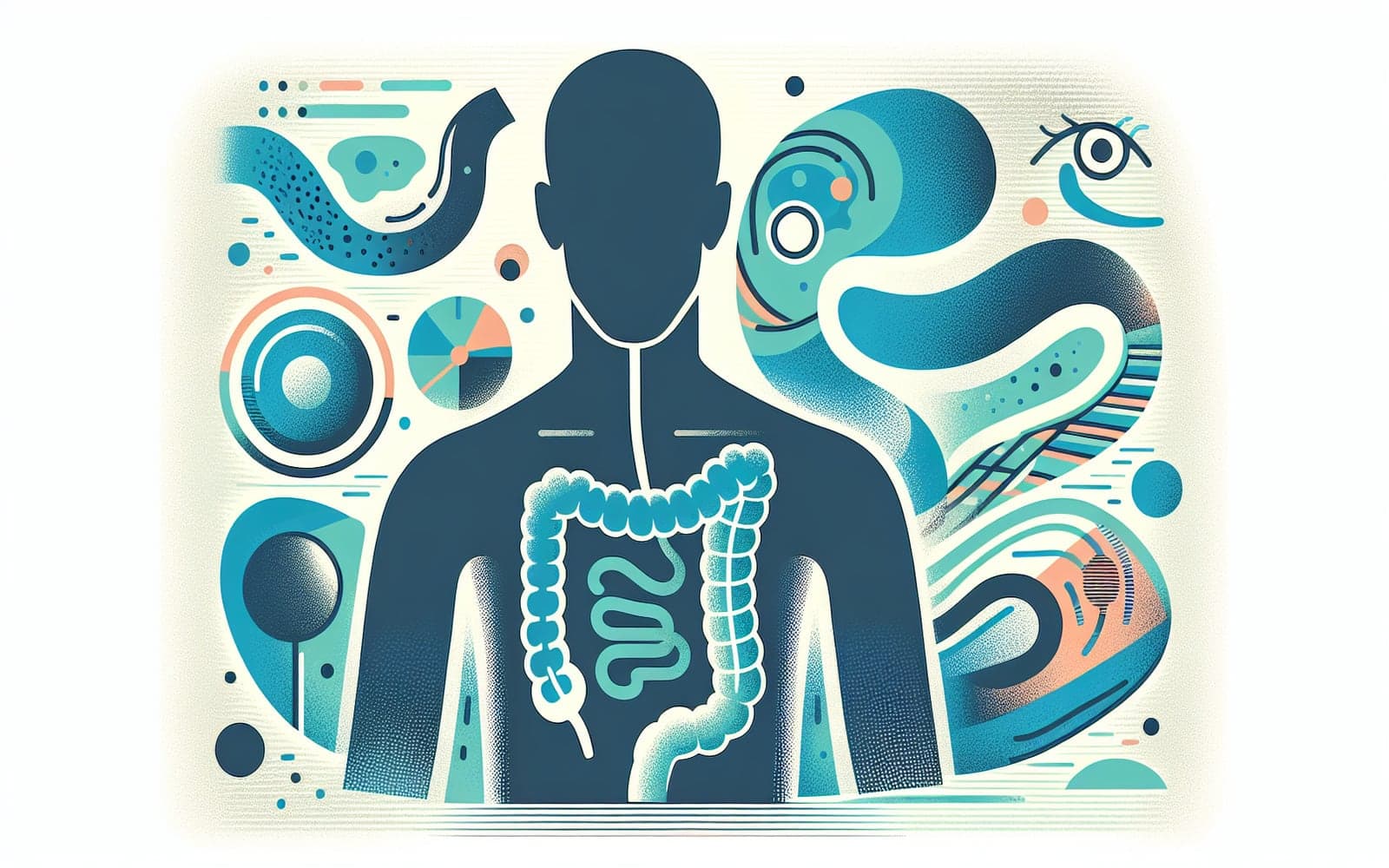Navigating Crohn's Disease: Key Guidelines for Diagnosis and Treatment
Published: Aug 14, 2024

Medically reviewed by Jerome Albert Ecker | MD, Assistant Professor of Medicine, Duke University - Durham, NC on August 14th, 2024.
Managing Crohn's disease can feel like navigating a complex maze. Fortunately, medical experts have developed guidelines to help both doctors and patients make informed decisions about diagnosis and treatment. Let's break down the key points from these important recommendations.
Contents
Diagnosing Crohn's Disease
According to guidelines, diagnosing Crohn's disease requires a combination of clinical evaluation, lab tests, imaging, and often endoscopy with biopsies. No single test can definitively diagnose Crohn's. Doctors look for patterns of inflammation, typically using colonoscopy and sometimes small bowel imaging. Blood tests can check for signs of inflammation and nutritional deficiencies, while stool tests can rule out infections.
Treatment Approaches
Guidelines recommend a step-up approach to treatment for most patients. This means starting with milder treatments and moving to stronger ones if needed. For mild to moderate Crohn's, drugs like aminosalicylates or budesonide might be used first. For moderate to severe disease, guidelines suggest considering biologic therapies or immunomodulators earlier. The goal is to achieve and maintain remission while minimizing side effects.

Monitoring and Follow-up
Regular monitoring is crucial in managing Crohn's disease. Guidelines recommend periodic blood tests and stool tests to check for inflammation. Colonoscopies are typically advised every 1-3 years to assess healing and check for complications. Patients should have routine check-ups to evaluate their overall health, nutrition status, and any medication side effects.
Frequently Asked Questions
Major updates typically occur every few years.
Guidelines inform care but allow for individual variation.
Yes, pediatric-specific guidelines exist.
They acknowledge diet's role but don't endorse specific diets.
Key Takeaways
While guidelines provide a framework, Crohn's management is always personalized to each patient's needs.
Want to understand how these guidelines apply to your Crohn's disease? Schedule a consultation with Doctronic to discuss your personalized care plan.Related Articles
- What is Crohn's Disease? A Beginner's Guide to This Tricky Digestive Disorder
- Breaking Down Biologic Therapies: The Latest Treatments for Crohn's Disease
- Beyond the Bathroom: Surprising Symptoms of Crohn's Disease You Might Not Expect
- Combination Therapy for Crohn's Disease: When Two Treatments Are Better Than One
References
Lichtenstein GR, et al. ACG Clinical Guideline: Management of Crohn's Disease in Adults. Am J Gastroenterol. 2018;113(4):481-517.
Feuerstein JD, et al. AGA Clinical Practice Guidelines on the Medical Management of Moderate to Severe Luminal and Perianal Fistulizing Crohn's Disease. Gastroenterology. 2021;160(7):2496-2508.
This article has been reviewed for accuracy by one of the licensed medical doctors working for Doctronic. Always discuss health information with your healthcare provider.

